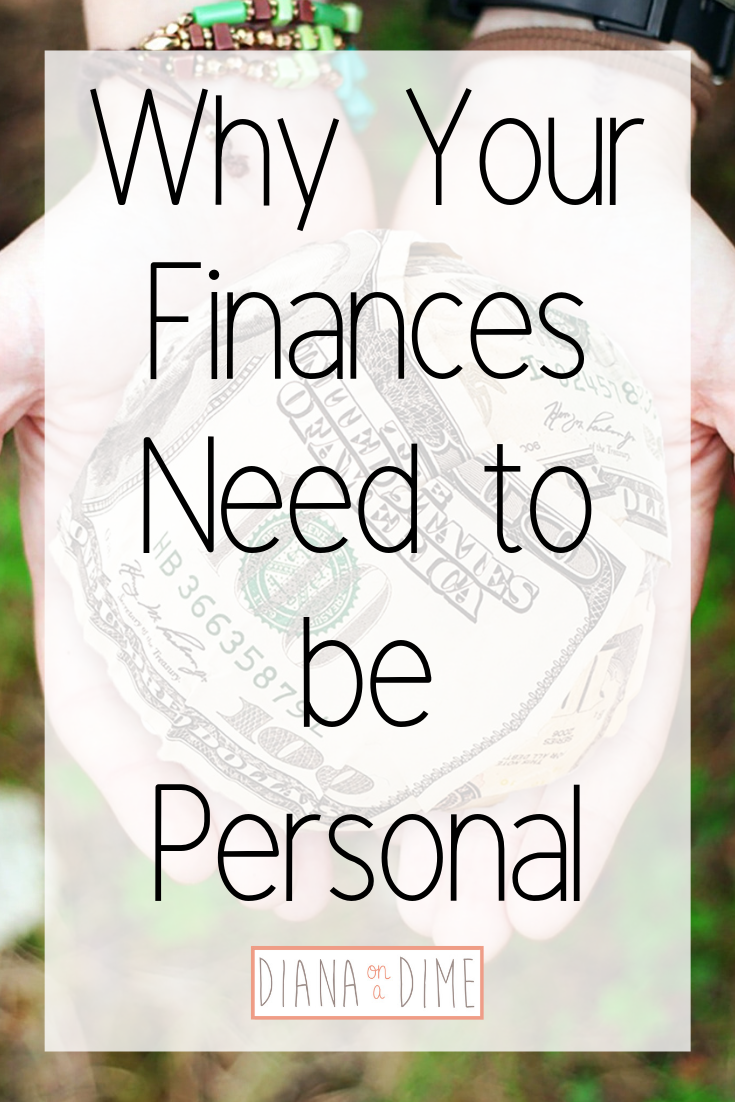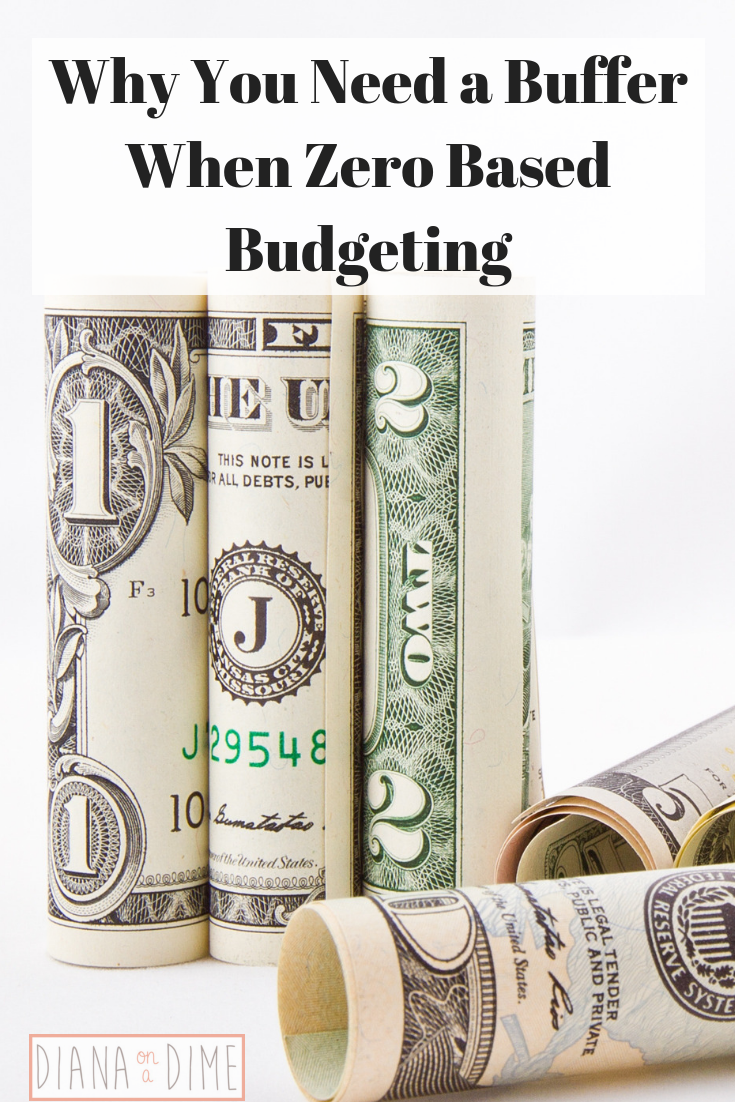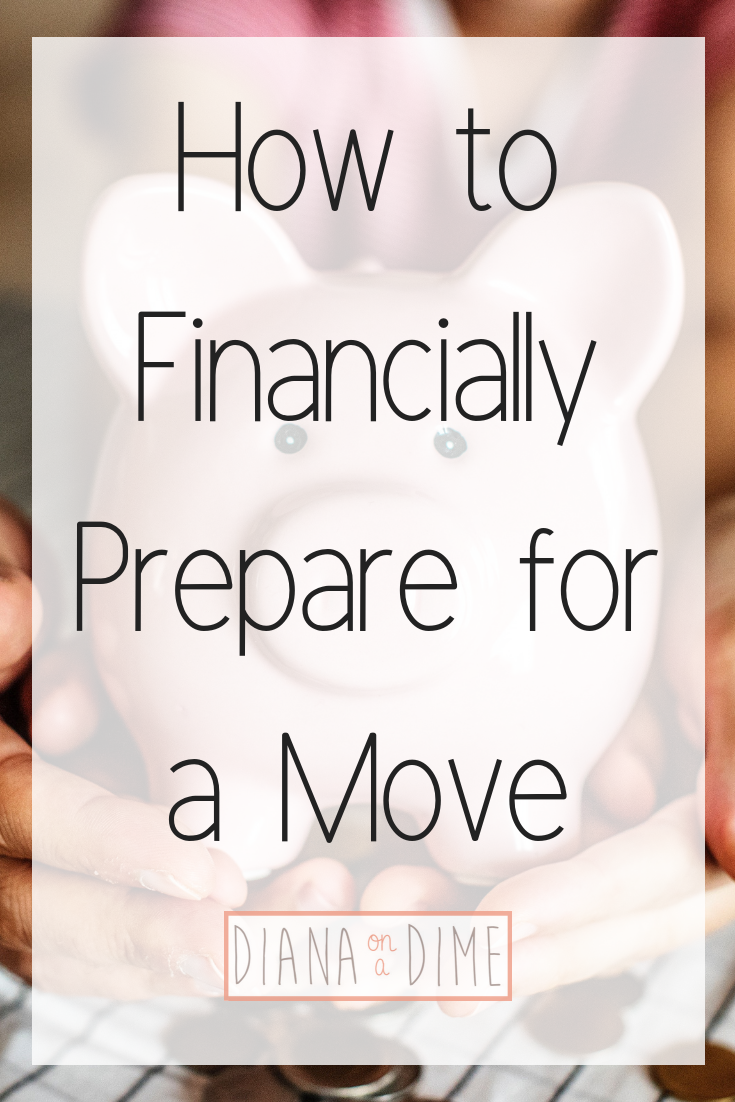How I Budget Every Month
This post may contain affiliate links. Check out my Disclosure Policy for more information.
When you are first budgeting, it can be a process to figure out. After awhile, it becomes second nature though. The most important thing is to find a system that works for you. Once you’ve found the system that works, the key is streamlining it.
I would suggest trying different ways to budget until one feels natural to you. I love hearing how others budget and manage their money. It always gives me a new perspective and things to consider when I manage my money.
Sometimes I get stuck in my ways with budgeting. It’s good to periodically look over your budget to see where improvements can be made.
This is the process I do to manage my money every month. I use a template I created on Google Sheets, you can get a copy of the template here.
1. Before the month starts, I copy my budget from the previous month and make adjustments.
The great thing about using Google sheets is that you can simply copy the tab from the previous month. This makes it much easier to create my budget every month. The first thing I always do before the month is make a new tab for the upcoming month.
Once I have the new tab for the new month I can start making adjustments based on the previous month. I’ll look over my variable categories and see which I can lower or need to increase. Also, I’ll add any expenses I’ll have for that new month.
2. Throughout the month, I check in every Sunday.
I have been budgeting since 2014. When I first started, I checked in every day with my budget. This kept me accountable to my goals and made sure I was staying within my budget.
Now that I have created better habits and am naturally more frugal, I only check in once a week. During that time, I update my actual spending for the week in my different categories. Any of my bills that were paid, I add them as well.
By checking in with my budget, it allows me to see where I’m at in my budget and how much more I have left until the end of the month.
I do use credit cards that I pay off every month. This allows me to quickly update my transactions every Sunday. If you use cash, you can easily track your spending with your receipts.
Since I do a few side hustles, I will also add the additional income I make each week as it comes in. This allows me to see where I’m at with my additional income. It holds me accountable to reaching my goals and allows me to see if I need to work more to reach my goals.
This also makes it easier to work more. Sometimes it’s hard to work so much, but when I see how much closer I am getting to my goals, it’s easier. For example, I can calculate how many more VIPKID classes I need to teach that month and it might encourage me to stay up a little later or get up a little earlier.
3. At the end of the month, I zero out my budget.
I follow a zero based budget, so every single dollar has a job by the end of the month. At the end of each month, I add up all of my income and all of my expenses.
My salary is the same every month, this is the number that I budget with at the start of the month. Throughout the month, I add my side hustle income to my budget.
This means at the end of the month I have leftover money, assuming I didn’t need to cash flow any unexpected expenses. The leftover money goes to my debt.
Find your system and make it work for you.
This system took me a while to figure out. It’s what works for me, maybe it will work for you. Or, maybe part of it will work for you. Take the time to figure out what works for you and get your money to work for you.
Budgeting your money is just that, telling your money what to do. It’s not about restricting yourself, it’s about making your money go where you tell it to go. So, figure it out as soon as possible and stop letting your money slip away from you. How do you budget?





